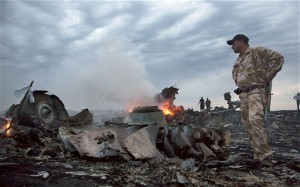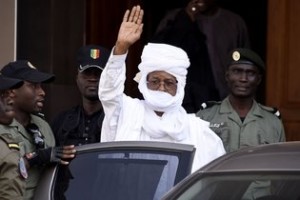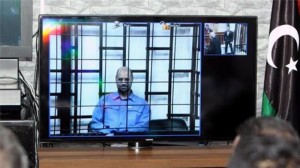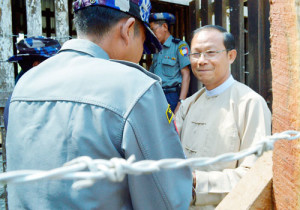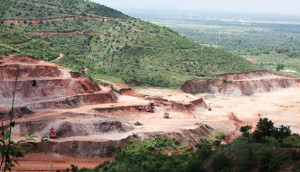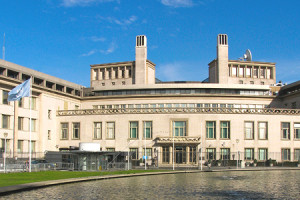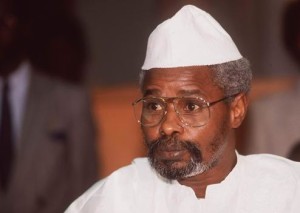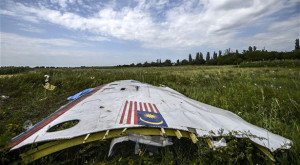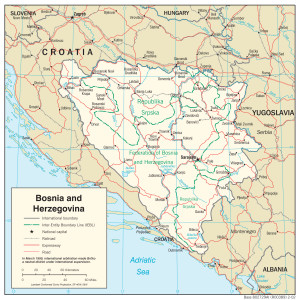At the last UN Security Council meeting, held on Wednesday 29 July, the Russian federation vetoed draft Resolution S/2015/562 on the creation of an International Criminal Tribunal for Malaysia Airlines Flight MH17 (ICTMH17). The resolution included a draft Statute providing for the prosecution of suspects accused of downing flight MH17 on 17 July 2014, killing 298 people including 193 Dutch citizens. Eleven countries on the 15-member council voted in favour of the proposal by Malaysia, Australia, the Netherlands and Ukraine, while three countries abstained: China, Angola, and Venezuela.
Earlier on the day, Dutch Prime Minister Mark Rutte had called Vladimir Putin to appeal on him directly to support the creation of the ICT. Based on the Law on International Crimes, Dutch prosecutors have opened an investigation into the crash of Malaysia Airlines flight MH-17 on suspicion of murder, war crimes and intentionally downing an airliner. Russia said discussions on a dedicated ICT should be postponed until the two Dutch-led investigations into the crash release their reports.

